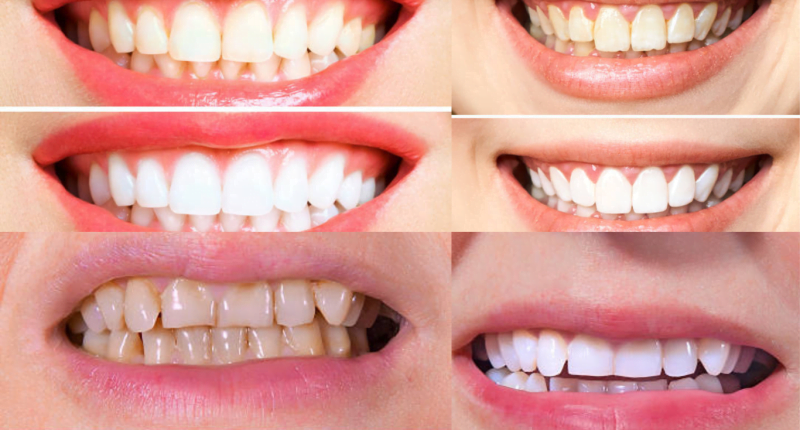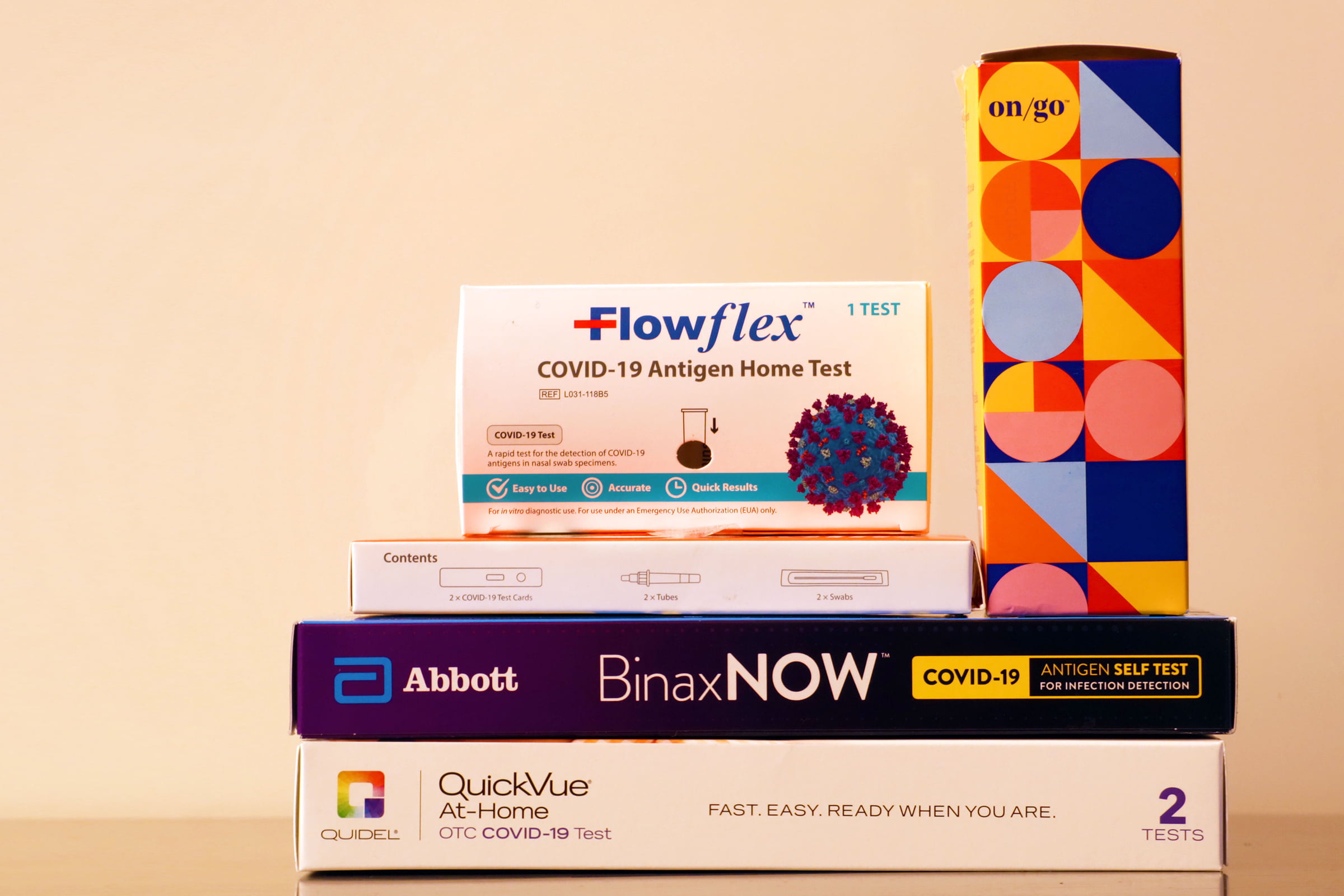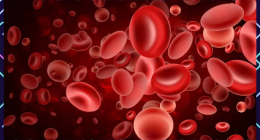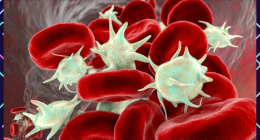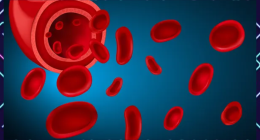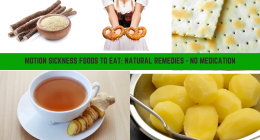What are the disadvantages of teeth cleaning? Teeth cleaning is an essential dental procedure that can help prevent tooth decay, gum disease, and other dental problems. It has numerous benefits, including fresher breath, brighter teeth, and early detection of dental issues. However, it may also have some potential side effects, let’s explore them.
Disadvantages of Teeth Cleaning
There are some potential disadvantages or risks associated with teeth cleaning, although they are generally considered to be minimal. Some of the possible disadvantages include:
Tooth Sensitivity
One of the most common side effects of dental cleanings is tooth sensitivity. During the cleaning process, the hygienist may use a scaler to remove tartar buildup. This can cause some discomfort, especially if you have sensitive teeth. In some cases, the sensitivity can last for a few days after the cleaning.
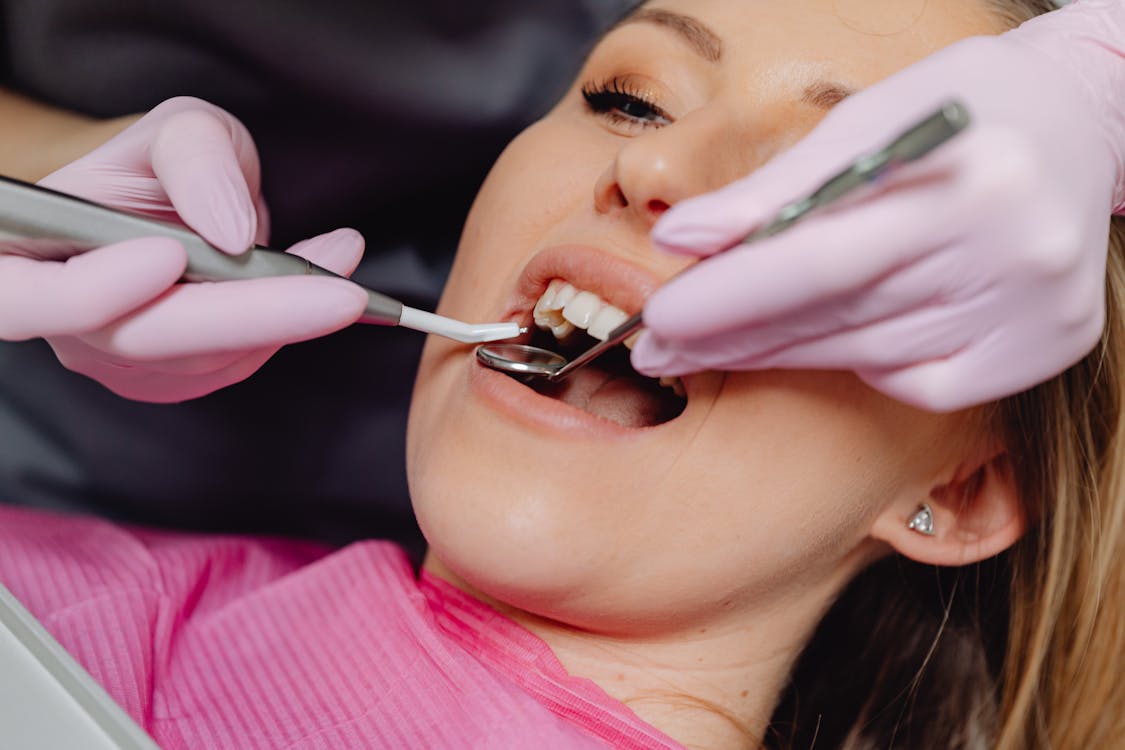
Gum Irritation
Another common side effect of teeth cleaning is gum irritation. The hygienist may use a tool called a polisher to remove any remaining plaque and stains from the teeth. However, this tool can cause some irritation and bleeding of the gums, especially if they are already inflamed.
Enamel Damage
While dental cleanings are intended to remove plaque and tartar buildup, they can also unintentionally damage tooth enamel. If the hygienist is not careful, they may use a scaler too aggressively, which can cause small chips in the enamel.
Jaw Pain
Sitting in the dental chair for an extended period can cause jaw pain, especially if you have to keep your mouth open for an extended period.
Cost
Dental cleanings can be expensive, especially if you don’t have dental insurance. Depending on where you live and the type of cleaning you need, the cost can range from a few hundred to several thousand dollars.
Bleeding Gums
Bleeding gums are common during a teeth cleaning procedure, especially if you have gum disease. The bleeding is caused by gum inflammation and swelling, which makes the gums more sensitive to touch. Usually, the bleeding stops within a day or two.
You may also like | 6 reasons why guava is unhealthy during pregnancy
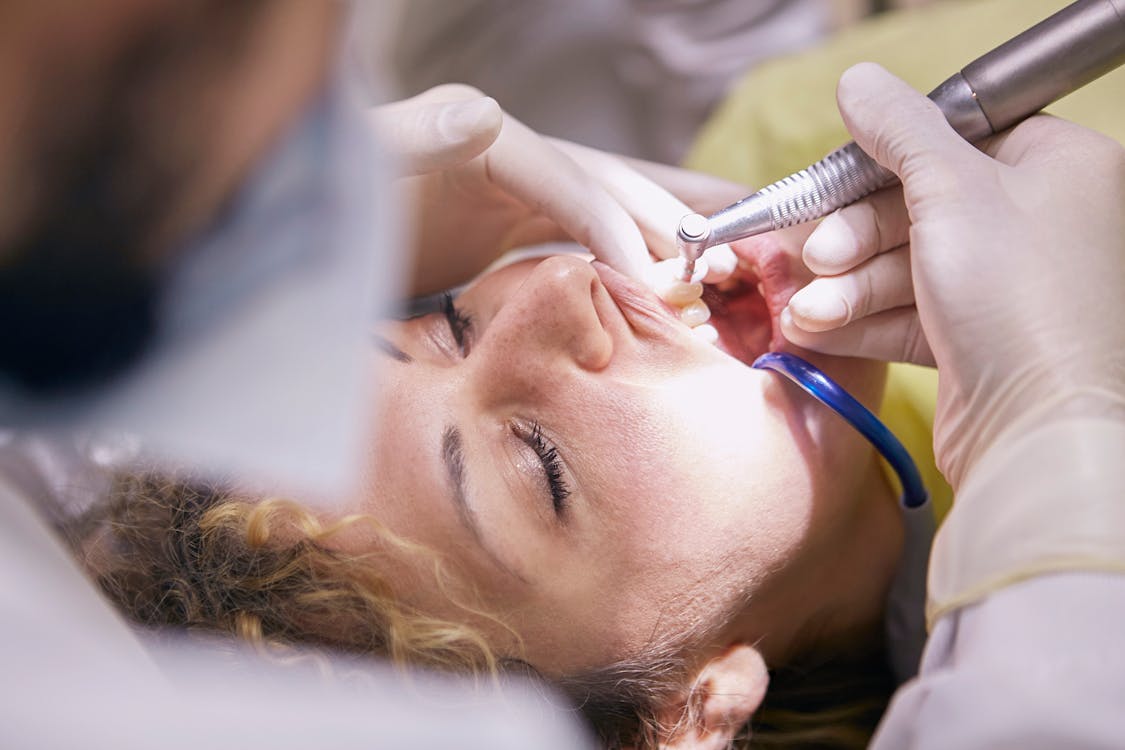
Damage to Restorations
Teeth cleaning can also cause damage to existing restorations, such as fillings, crowns, or bridges. This damage can be caused by the removal of plaque and tartar from the surface of the teeth, which can dislodge existing restorations. If you have existing restorations, be sure to inform your dental hygienist or dentist before undergoing teeth cleaning.
Dental Care Tips After Teeth Cleaning
- Brush your teeth at least twice a day for two minutes each time.
- Use proper technique when brushing to remove plaque and food particles.
- Floss daily to remove plaque and food particles from between your teeth.
- Choose a fluoride toothpaste to protect your teeth from decay.
- Avoid foods and drinks that can stain your teeth, such as coffee, red wine, and soda.
- Quit smoking or using tobacco products to reduce your risk of oral health issues.
- Consider using mouthwash to freshen your breath and kill bacteria.
- Schedule your next dental appointment to ensure your teeth stay healthy and clean.

Frequently Asked Questions – FAQs
Are there any alternatives to teeth cleaning? While there are several products on the market that claim to clean teeth without the need for a professional cleaning, they are not as effective as a dental cleaning. The best way to maintain healthy teeth and gums is to combine regular cleanings with a good at-home oral care routine.
How often should I get a dental cleaning? It’s recommended that you get a dental cleaning every six months. However, if you have gum disease or other dental issues, your dentist may recommend more frequent cleanings.
Can dental cleanings prevent cavities? Yes, dental cleanings can help prevent cavities by removing plaque and tartar buildup, which are the main culprits of tooth decay.
Conclusion
While there are potential disadvantages associated with teeth cleaning, the benefits of this procedure far outweigh the potential risks. If you have concerns about teeth cleaning or are experiencing sensitivity or irritation after cleaning, be sure to speak with your dental hygienist or dentist. Source
Check out | | 5 Ways to Boost a Weak Immune
